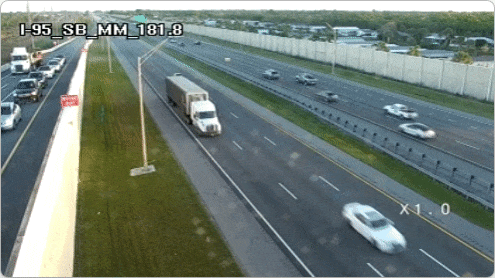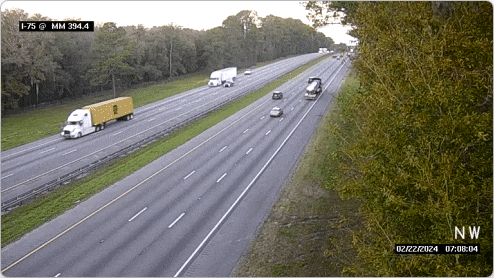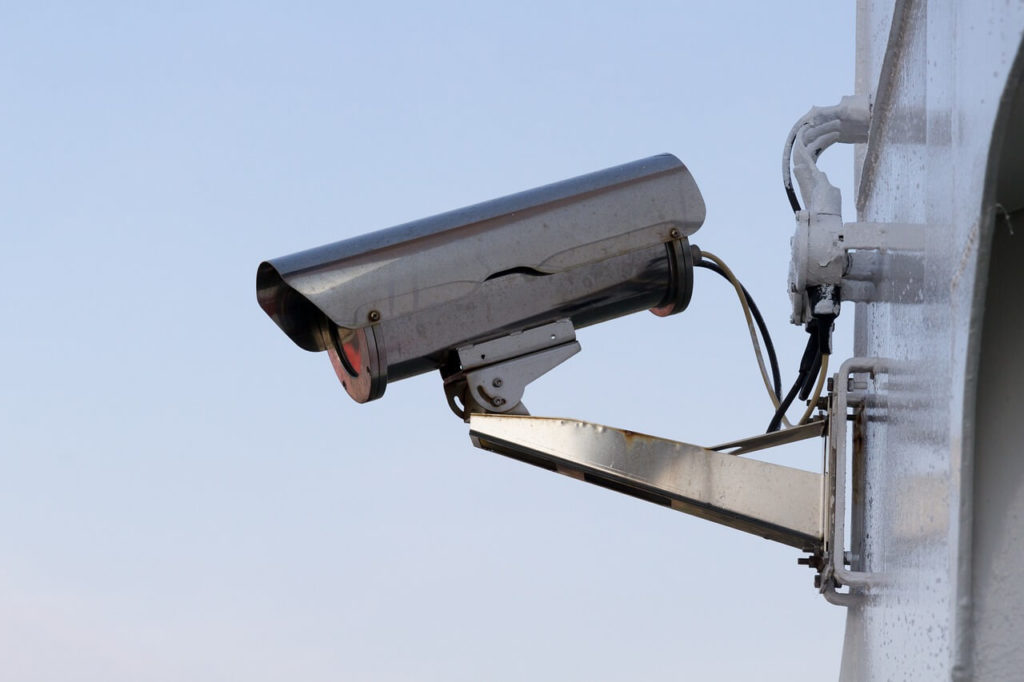Car accidents are not only unpredictable but can also plunge victims into a whirlwind of confusion and distress. In these critical moments, securing the right evidence is crucial for a fair outcome. At Brian D. Guralnick Injury Lawyers, we understand the hurdles you face after being injured in an accident in Florida, especially one caused by another’s negligence. Our commitment is unwavering in guiding our clients through the complexities of accessing essential evidence to bolster their cases. From collecting eyewitness accounts to securing police or accident investigation reports and obtaining traffic camera footage, our services are tailored for those we represent. It’s important to note that our ability to retrieve video evidence of the accident is a dedicated service for clients whose cases we accept, ensuring that we focus on those genuinely impacted by negligence in Florida. Contact us today for a complimentary case evaluation, and let us stand by your side to gather all the necessary evidence to support your claim.
The Time-Sensitive Nature of Traffic Camera Footage
In the aftermath of a car accident, securing evidence as quickly as possible might significantly impact the outcome of your claim. Traffic camera footage, which is designed to monitor intersections and record traffic incidents, can be a valuable resource. However, it usually has a limited lifespan, typically stored anywhere from 30 to 90 days before being overwritten or erased. Understanding the urgency, our firm acts promptly to preserve crucial evidence. We initiate legal processes, such as filing subpoenas, to access this time-sensitive information on your behalf. We work quickly to ensure that your legal rights are protected.

BEING MINDFUL OF YOUR SURROUNDINGS: A POST-ACCIDENT CHECKLIST
In the chaotic moments following an accident, injured victims may overlook crucial details that can significantly affect their claims. Identifying potential sources of evidence, such as traffic or red-light cameras, private business surveillance, and even dash cams, becomes crucial in building a strong case. At Brian D. Guralnick Injury Lawyers, we will shepherd you through the process of identifying and securing potential sources of evidence. From red light cameras to private business surveillance, we ensure a comprehensive approach to gathering evidence to support your case. Our firm understands the types of evidence that will be important to your case, and most importantly, we understand how to best gather that evidence to support your case.
The most common type of camera to look for near your accident is a traffic or red-light camera. These types of cameras can be found at certain intersections around Florida, but most often, the only way to secure footage from these cameras is to have an attorney ask for the footage on your behalf. Our team has over three decades of experience working with accident victims to identify all necessary evidence, including traffic camera footage. If you were involved in a car crash and there might be camera footage of the responsible driver causing your injuries, call us today to get help retrieving that valuable evidence.
SEEKING LEGAL SUPPORT FOR EVIDENCE RETRIEVAL
Understanding that not all cameras capture every moment, and that footage is often fleeting, seeking legal assistance promptly is crucial. Brian D. Guralnick Injury Lawyers specializes in securing evidence through legal channels, ensuring your case benefits from impactful and timely information. When you reach out to our firm, we expedite the legal processes needed to secure evidence. Our legal professionals file subpoenas promptly, compelling relevant entities to release video footage. We work tirelessly to ensure that your case is built on a foundation of timely and impactful evidence.
Remember, some vendors and organizations will only retain their camera footage for a matter of hours, so you might have to act extremely quickly to obtain this vital evidence to support your case. Don’t let this evidence be overlooked or overwritten. Contact Brian D. Guralnick Injury Lawyers today!
THE REALITY OF LIMITED CAMERA COVERAGE: A CAUTIONARY NOTE
Despite the presence of cameras, the harsh reality is that not all incidents are captured. Acknowledging this limitation, our team emphasizes the importance of additional evidence gathering at the scene to ensure a comprehensive approach to building a strong case. We guide you on gathering additional evidence at the scene, recognizing that traffic cameras may not capture every crucial moment. Our goal is to ensure a comprehensive and robust foundation for your case.

EXERCISING CAUTION: MITIGATING SELF-INCRIMINATION AND SOCIAL MEDIA PITFALLS
After an accident, you may be asked to provide a statement to your insurance company or to the insurer providing coverage to the at-fault driver. However, it’s essential to avoid inadvertent self-incrimination during these conversations. Even seemingly innocuous statements can be misconstrued by insurance companies. Let our firm assist you with communicating effectively with insurance adjusters, ensuring that you provide the necessary information without compromising your case. We emphasize the importance of cautious social media use, helping you navigate potential pitfalls during the claims process. When it comes to helping clients recover from an accident and protect their legal rights, our firm doesn’t compromise. You can trust us to guide you through the process.
PREPARING FOR THE FUTURE: EQUIPPING YOUR VEHICLE FOR ADDED PROTECTION
Recognizing that accidents can happen anywhere and evidence may not always be readily available, our legal team recommends proactive measures. Installing dash cams in your vehicle provides an additional layer of protection, offering hard evidence that can simplify the claims process. We encourage accident victims to consider the proactive step of installing dash cams in their vehicles. In the unfortunate event of an accident, this provides immediate evidence that can significantly impact the resolution of your claim.
LEGAL ASSISTANCE: YOUR ADVOCATE FOR JUSTICE
Whether or not a camera captures the collision on tape, seeking legal assistance is crucial for accident victims. At Brian D. Guralnick Injury Lawyers, we are dedicated to helping you navigate the complexities of the claims process. From acquiring damages to covering medical expenses, our legal team fights for your rights, working diligently to secure the compensation you deserve. Our experienced team stands by your side throughout the entire process, ensuring that you receive the support and representation needed to Demand More for your injuries. If you’ve been injured in a car accident in Palm Beach County, or anywhere else in the great State of Florida, contact Brian D. Guralnick Injury Lawyers to discuss your legal rights. Remember, the information in this guide is not a substitute for personalized legal advice. For advice on specific legal issues pertaining to your case, consult with one of our firm’s professional team members.
Were you or a loved one injured in an accident?
The law offices of Brian D. Guralnick help Florida residents and tourists seek compensation and Demand More? for their injuries.

